On October 23, speaking at the group on the draft Law on Press (amended), National Assembly delegate Bui Hoai Son (Hanoi) assessed that this is a law project of special importance, not only for the development of Vietnam's revolutionary press but also for the cause of building a rule-of-law state, developing the economy and society, protecting sovereignty and enhancing the national position in the new context.
Need to supplement clear mechanisms and policies
Regarding press management decentralization and press economic model, according to Mr. Son, one of the major trends today is decentralization, delegation of power and streamlining of the apparatus.
The delegates said that the draft law stipulates that the provincial People's Committee is responsible for State management of local press. However, it is necessary to clarify the authority and responsibility of the provincial People's Committee in managing representative offices and resident reporters of central press.
"It is necessary to study and expand the rights of localities in licensing certain publications, supplements, and columns; at the same time, strengthen the responsibility of inspecting and supervising press activities at the local level," said delegate Son, adding that this will help the press connect with people's lives, accurately reflect reality, and at the same time reduce the burden on central management agencies.
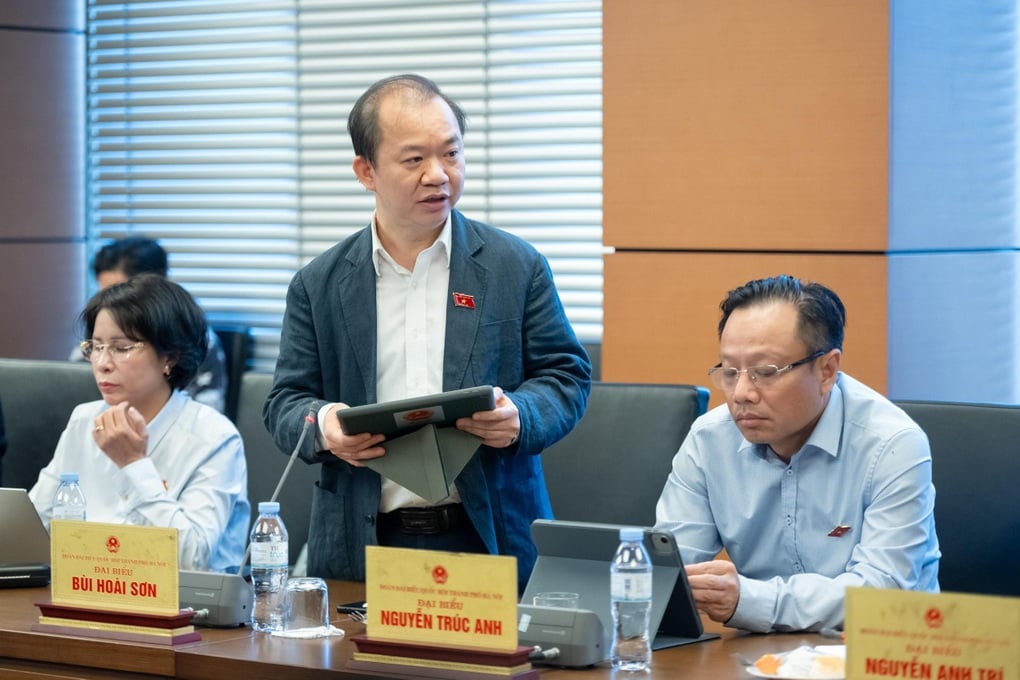
National Assembly Delegate Bui Hoai Son speaks at the group (Photo: Nhu Y).
Regarding the press economic model, Mr. Son said that in the context of our country not having private press, it is necessary to emphasize the mechanism of ordering, bidding for public tasks and public investment with focus linked to the "3 easy" press technical economic standards including easy to understand, easy to apply, easy to implement.
According to Mr. Son, this will be an important resource to help the press perform its political tasks well, especially in remote areas, islands and foreign affairs.
The delegate also said that the law should also expand the legal framework for forms of association, socialization, and public-private cooperation in the press, with breakthrough preferential policies on taxes, land, credit access, etc. for press agencies, including with associated partners when organizing cultural events and community activities.
"Along with that is a strict control mechanism to avoid commercialization, deviating from the principles and purposes," Mr. Son stated his opinion.
The draft law not only creates a legal framework for press activities, but also paves the way for the press to develop as a modern cultural industry.
Today's press is not only an ideological tool and forum for the people, but also a creative product with cultural and economic value, closely linked with other cultural industries such as music, cinema, advertising, publishing, radio and television.
"When the press is placed in the cultural industrial ecosystem, we can create a large value-added chain that both serves political tasks and contributes to economic growth and promotes the national image," said Mr. Son.
Mr. Son also emphasized that practice shows that the press can completely become the nucleus of large-scale cultural and creative events.
"The revised Press Law needs to supplement clearer mechanisms and policies so that the press can operate as a cultural industry," said the delegate, who is a full-time member of the National Assembly's Committee on Culture and Society.
How to manage social media sites while also acting as mass media channels?
Commenting on the draft Law on Press (amended), delegate Le Xuan Than (Khanh Hoa) said that Article 3 of the draft currently stipulates that "electronic press is a type of press that uses writing, images, sounds, and graphics transmitted on cyberspace, including electronic newspapers and electronic magazines".
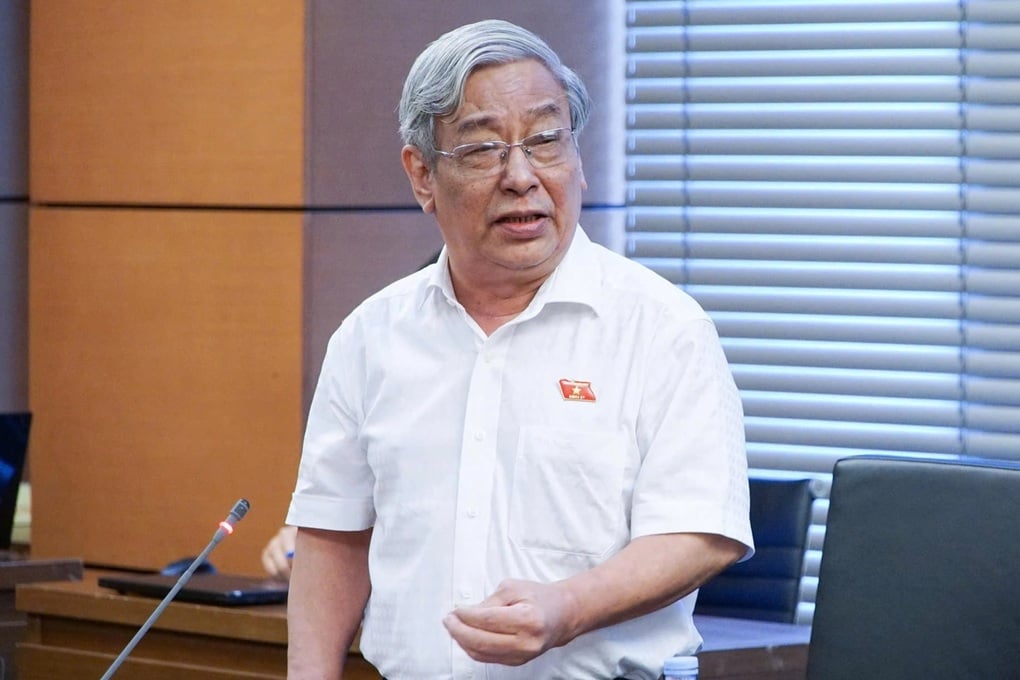
Delegate Le Xuan Than speaks (Photo: Nguyen Hung).
According to Mr. Than, this regulation only covers two forms of mainstream journalism, while current media practices have expanded much more, with electronic information pages, information portals, social networks, personal content platforms... all having the ability to disseminate information like a press agency.
"The draft law only limits electronic journalism to these two forms, while in reality, journalism has expanded a lot. There are social networking sites that share information and attract hundreds of thousands, millions of followers. Although they are not journalism, they are actually operating as a mass media channel," Mr. Than said.
The delegate said that the drafting committee needs to closely coordinate with the group drafting the Law on Cyber Security (amended) submitted by the Ministry of Public Security at this session to more fully define "electronic press" and clearly define the scope of management between mainstream press and social media channels.
"If we only consider electronic newspapers and magazines as mainstream newspapers and magazines, and social media as the business of social networks, we will miss a huge flow of information. The Press Law will then lack a legal basis to manage content, ensure information security, and prevent acts of distortion and sabotage against the Party and the State," Mr. Than emphasized.
According to delegates, in the context of information on social networks becoming increasingly influential, the new law needs to have a more open and flexible approach.
Video: Bach Huy Thanh
Source: https://dantri.com.vn/thoi-su/can-chinh-sach-uu-dai-dot-pha-ve-thue-dat-dai-cho-cac-co-quan-bao-chi-20251023124246131.htm



![[Photo] Prime Minister Pham Minh Chinh chairs meeting on railway projects](https://vphoto.vietnam.vn/thumb/1200x675/vietnam/resource/IMAGE/2025/10/23/1761206277171_dsc-9703-jpg.webp)
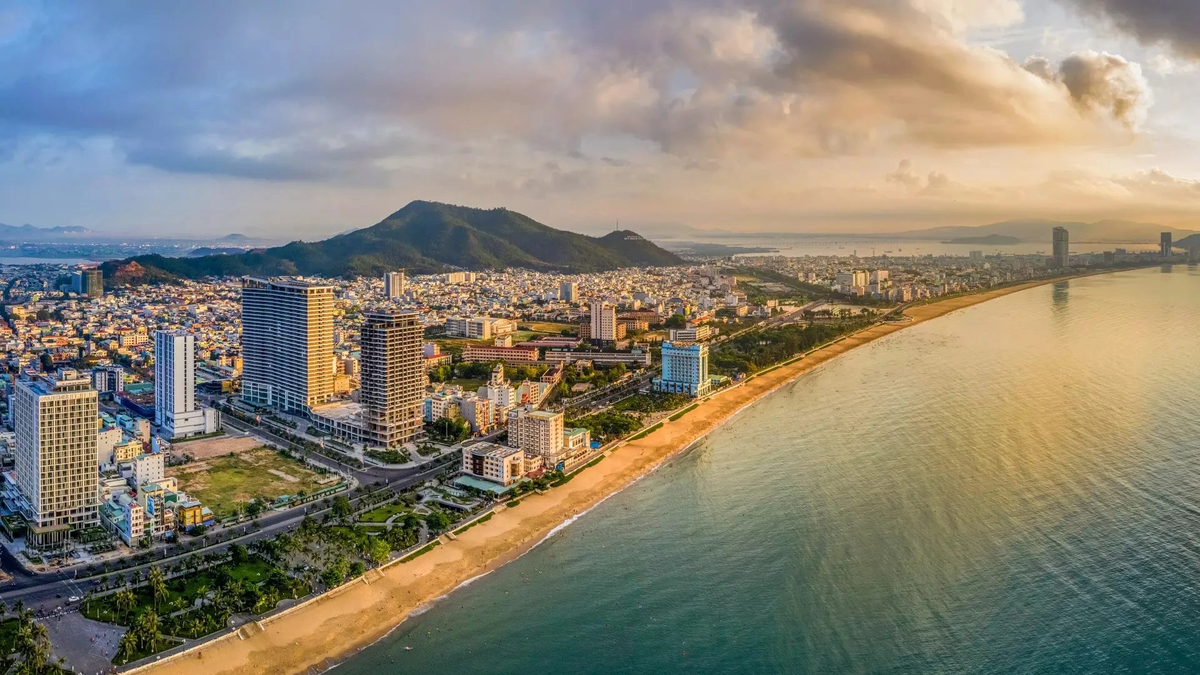



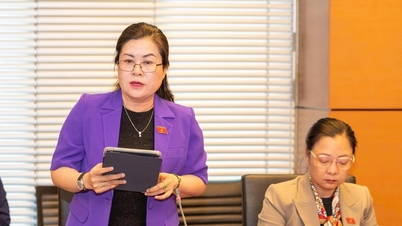

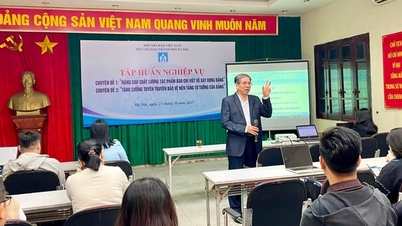

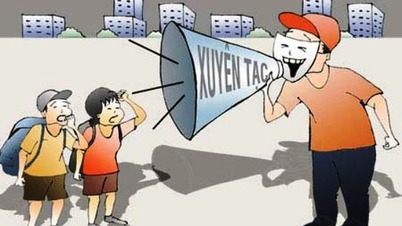

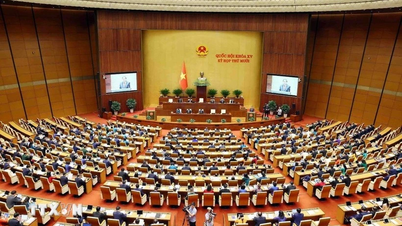

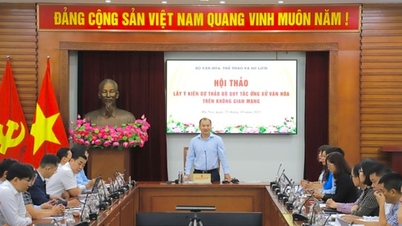
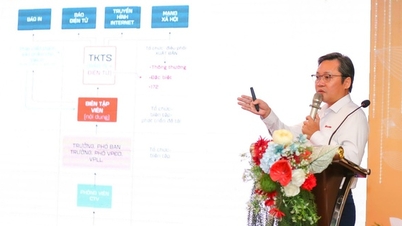

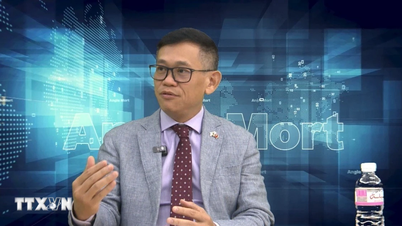
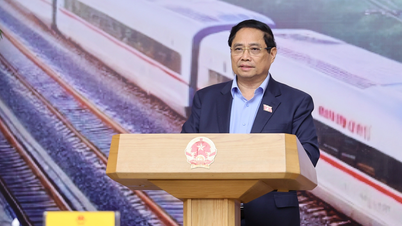

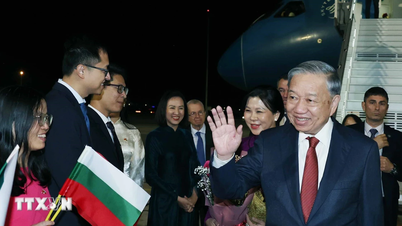
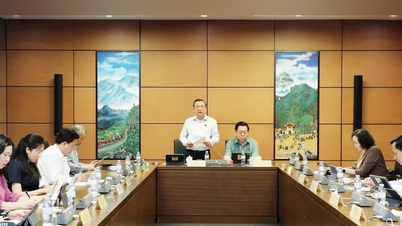
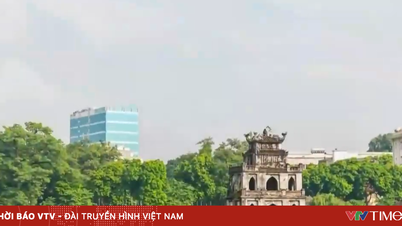

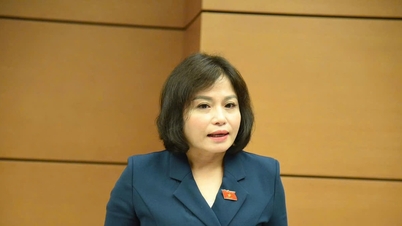




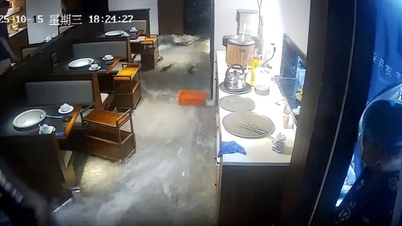

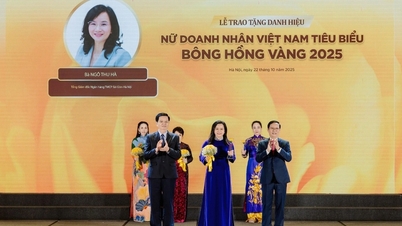
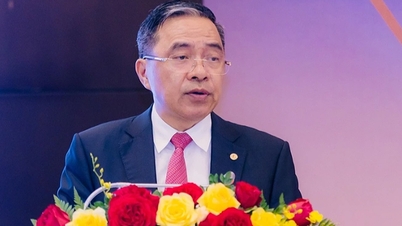
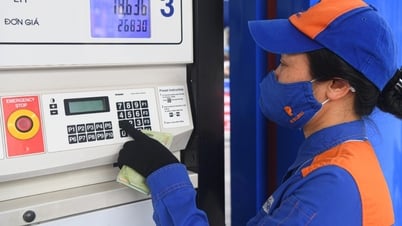


















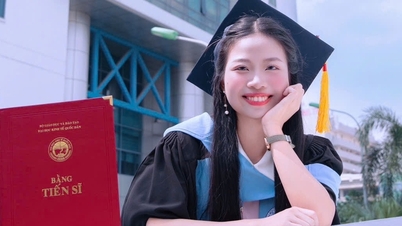
















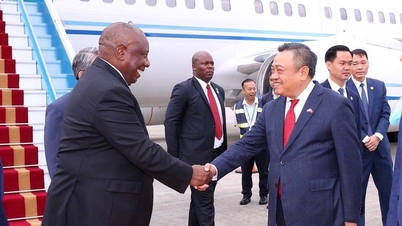








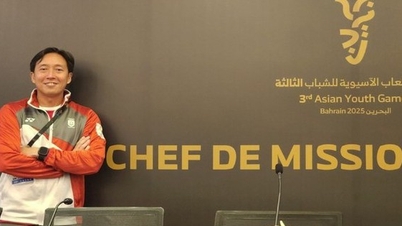
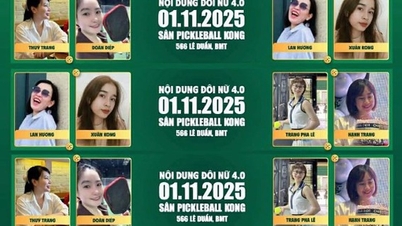
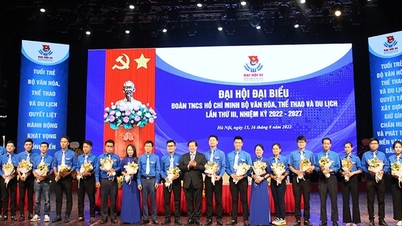
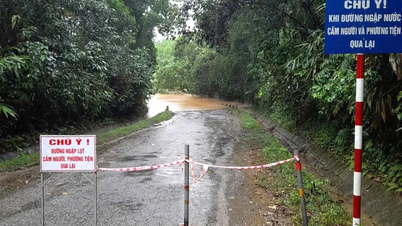

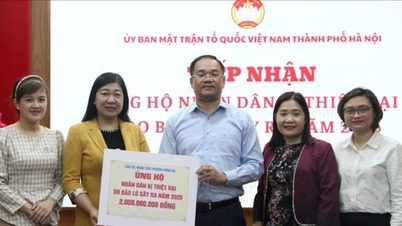
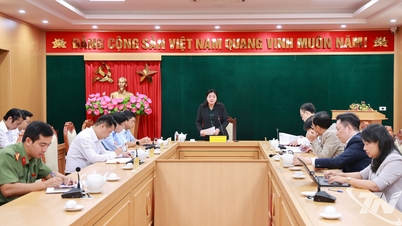




















Comment (0)